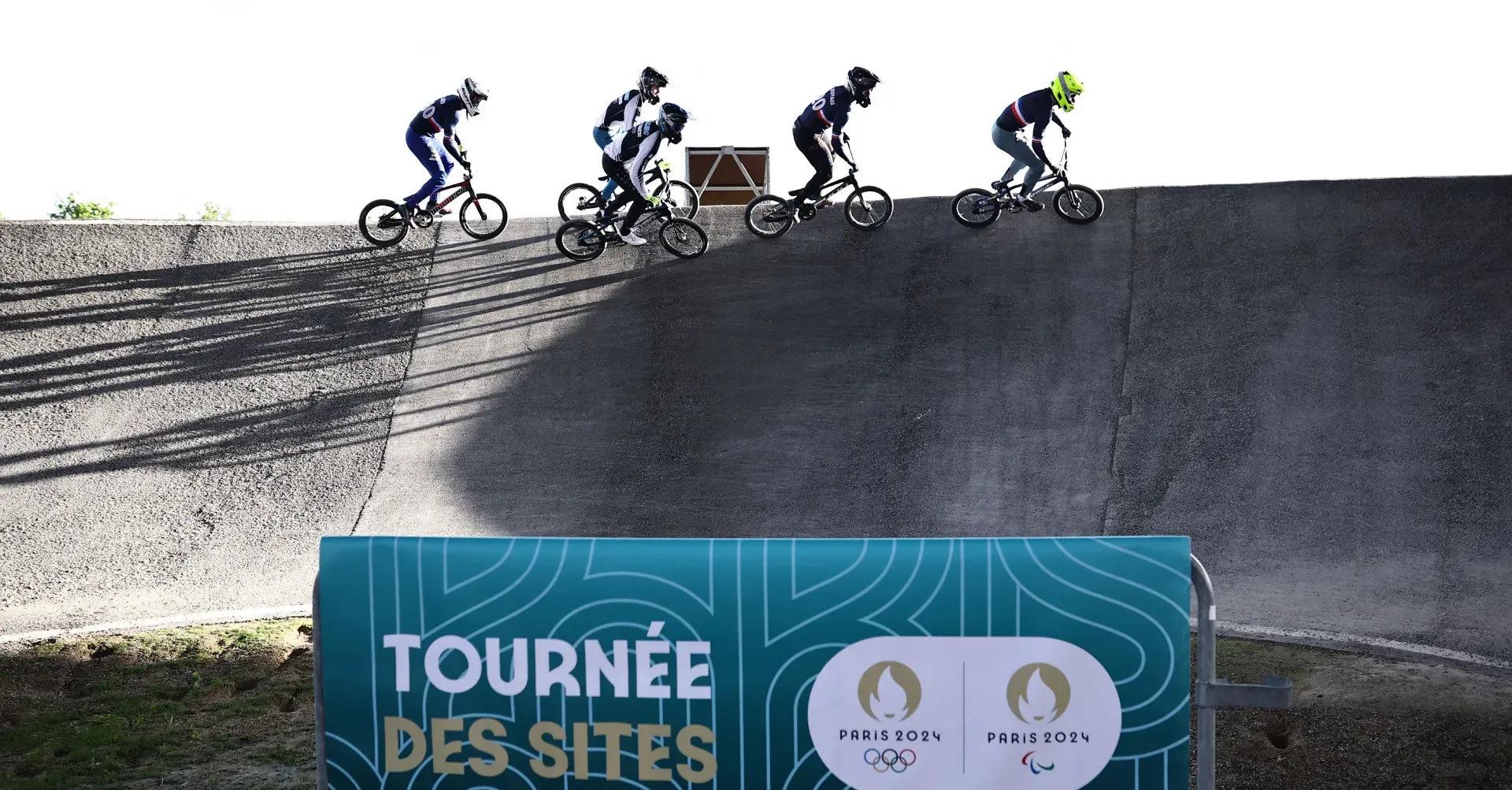We assess that the Paris Summer Olympic and Paralympic Games, due to be held from July to September 2024, will pass off largely peacefully.
This assessment was issued to clients of Dragonfly’s Security Intelligence & Analysis Service (SIAS) on 15 June 2023.
- Extensive security measures by the local police will probably lead to significant travel disruption in the city
- It is also plausible that there will be some limited protests, and that pro-Russia hacktivists or fraudsters will attempt to target the event with cyber operations
Clients have asked us about the security situation around the 2024 Summer Olympic and Paralympic Games in Paris (26 July to 8 September). The city’s police have so far not advised of any specific threats made to the games. But planned security measures, along with the large number of spectators and visitors, will probably lead to travel disruption in the city centre. Some protests surrounding the event are also likely. And alongside probable online scams and phishing campaigns related to the event, pro-Russia hacktivists are likely to target the event, commercial French entities and potentially, sponsors with DDoS attacks.
Security measures and travel disruption
We anticipate significant travel disruption in Paris city centre from late July until early September next year. This is particularly due to road closures and diversions. The areas around Stade de France, Jardins du Trocadero and the River Seine more generally will be especially affected.
The authorities have advised that there will be at least several hundred thousand spectators in the city during the events (millions of tickets have been sold), forming ‘massive crowds’ in central areas and that the capital’s roads and public transport will be under heightened strain and disruption as a result. Based on high-profile events in the city in recent years, we anticipate that Gare du Nord and Saint-Lazare stations will be particularly impacted. The Olympic Games are scheduled to take place from 26 July – 11 August and the Paralympic Games from 28 August – 8 September.
Paris’ local police appear well prepared to secure the spectacle from any potential extremist threats. Recent statements from the city’s police suggest that they are monitoring the threat landscape and that, so far, they do not have any specific intelligence regarding any danger or threats to the events in the city next summer. We have not seen any threats or calls for violence so far either on the jihadist, far-right, far-left or environmentalist channels that we monitor.
But the police are still very likely to implement extensive security measures. So far, international media reports have called the security preparations ‘ambitious’ and ‘gargantuan’. And although some such reports have shared concerns over the ‘complexity’ and ‘widespread’ of the locations of events, the French government claims it will deploy between 35,000 to 45,000 police officers (14-18% of France’s total available force) and dozens of ‘security boats’. A recently signed security protocol also confirms that large crowds, especially along the Seine, will be monitored by extensive security and rescue services.
Concerns regarding extremism
Even in the absence of specific threats, the interior minister has recently shared general concerns about the potential intent of far-right and, particularly, jihadist extremists to target the Olympics, in light of several attacks in France in recent years. Possible risks from ‘bomb-carrying’ drones are also a ‘new threat’ the minister has considered.
Given these concerns, along with the hundreds of countries participating and the potential for exposure, our terrorism threat level for Paris remains severe. But extremists do not appear capable of mass-casualty or coordinated attacks, and the scale of the security presence in the city during the event will also probably deter or confront any would-be-attackers.
Some protests probable
Some protests near the events are likely. The authorities have advised of the possibility of demonstrations, perhaps even briefly violent ones, particularly over controversial pension reforms. This year, tens of thousands of people on several occasions disrupted traffic during anti-reform protests in Paris.
But the police appear well prepared to limit disruption, and as the Olympics are still a year away, by which time we anticipate that public anger will have diminished considerably. Such protests would probably draw no more than several thousand people. Other small, mostly peaceful gatherings, such as in support of environmentalism and Ukraine, are also likely near the events too.
Hostile cyber operations likely
Russia state-sponsored groups are very likely to be motivated to target the event and potentially its sponsors ahead of the Olympics. State-backed groups have frequently targeted the Olympics in previous years, following its exclusion from the event. In 2018 they deployed destructive malware against the events’ IT infrastructure, disrupting the opening ceremony. They also used targeted phishing campaigns against attendees and sponsors and attempted to get them to download malicious mobile applications. According to the UK NCSC, such groups also conducted cyber reconnaissance operations against ‘organisers, logistics services and sponsors’ ahead of the Tokyo 2020 Olympics.
Pro-Russia hacktivists are also likely to mount DDoS attacks on the official event and corporate websites in France. They have done so around similar high-profile events in Europe in the past year. And based on previous campaigns, organisations in banking and aviation are particularly likely targets. But this would probably only result in temporary disruption to websites.
Opportunistic cybercrime actors are also probably intent on targeting businesses and attendees with phishing campaigns relating to the Olympics. We have not yet seen reports of individuals or businesses associated with the 2024 Summer Olympics being targeted by opportunistic cyber actors, but based on recent international events in Europe, such operations would likely include emails containing luring subject lines or offers related to tickets or hotel bookings. It is also plausible that criminal threat actors will attempt to pose as sponsors.
Image: France’s BMX team demonstrate at the BMX Stadium, the venue of the BMX competition of 2024 Paris Summer Olympics, in Montigny-le-Bretonneux, Paris, on 11 May 2023. Photo by Anne-Christine Poujoulat/AFP via Getty Images.




